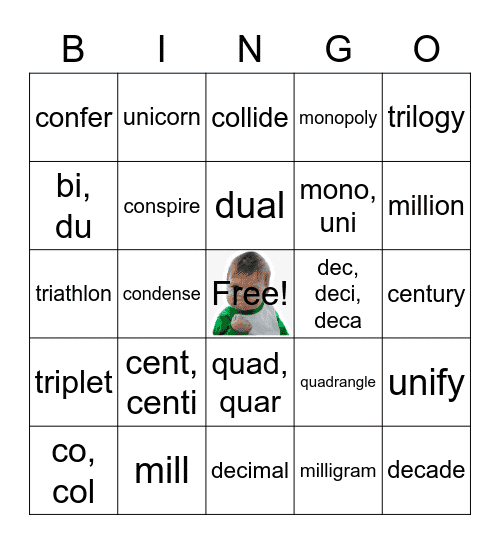The game of bingo comes from the Italian language. It originated as a lottery in Italy in 1530, and was made popular in France by the aristocracy. In 1778, bingo became popular in British cities and industrial towns. In the 18th century, it made its way to the US, where it became an international sport. The game has evolved over the years, and today, more than 100 million people play it around the world.
Edwin Lowe’s claim
According to Edwin Lowe’s claim to bingo’s etymology, the word originates from an old English term for a drunkard. The word is a combination of the words “randy” and “st(ingo),” and predates the game’s current use. In fact, it was a nickname for a brewery that brewed strong beer in Britain, and is also the source of the word “stinko.”
The original version of bingo, also known as beano, was a carnival game played primarily with dried beans. It was a game of chance and whoever scored a “beano” was declared the winner. Lowe later discovered the game and adapted it for carnivals, renaming it Bingo after a friend. The game’s popularity led him to develop a board game that featured five rows of numbers, and he also sold sets of 24 cards.
As Bingo became more popular, Lowe began manufacturing bingo boards, hiring a retired mathematician to come up with 6,000 different numeric combinations. Bingo quickly gained popularity, and churches and fraternal organizations purchased bingo sets as fundraisers. In addition, home versions of the game became common, and several companies produced bingo sets by the late 1930s. Although it is difficult to know who really invented the game, Lowe’s claim to bingo etymology is worth investigating.
While there are many competing theories about the origin of the game, the original version has been the most widely promoted. The game was originally known as beano, but some argue that it had a different name, bingo. Interestingly, Lowe, a toy salesman from New York, helped spread bingo across the United States. The game was even popular enough to be played in cinemas before the advent of film.
The game was invented in Italy as Lo Giuco de Lotto in 1530, but it was only in France that it became known as bingo. By the 18th century, there were at least two versions of Bingo: a version played by Catholics and another version for English-speaking people. Lowe’s claim to bingo etymology is not disputed, and the game has its origins in both Italy and France.
The game’s original creator, Edwin Lowe, died in New York City in 1957. He was the son of a Polish Orthodox rabbi and a successful toy salesman. He also helped popularize the dice game Yahtzee and invented many magnetized board games. He also developed miniature versions of games for WWII soldiers. Its popularity has grown tremendously ever since.
The game is widely played in the UK, US, and Australia. Lowe’s commercial release was to make it a more family-friendly activity with cash jackpots. British gambling law made bingo legal in the 1960s, allowing land-based venues to open throughout the country. In the UK, 600 bingo halls were open at that time, though the number has dwindled. But despite the decline in bingo venues in the UK, the game remains a significant part of the culture and history of the country.
Although there are many opinions on how the game originated, one thing is for certain: it was originally played in community halls. The game is now played by people of all ages, sexes, and cultures. While the game’s origins were largely unknown, there is little doubt that it was an activity that spread through community halls, and continues to do so today.
Interestingly enough, Lowe claimed that it was invented in Italy in 1530. It’s possible that the game’s name is derived from the Italian lottery game Le Lotto, which was played during the 16th century. The French eventually adopted the name and named it bingo in 1772. In the meantime, bingo has become a worldwide phenomenon. While Lowe has made his claim to bingo etymology, there are still a number of contemporaries who would disagree with him.

